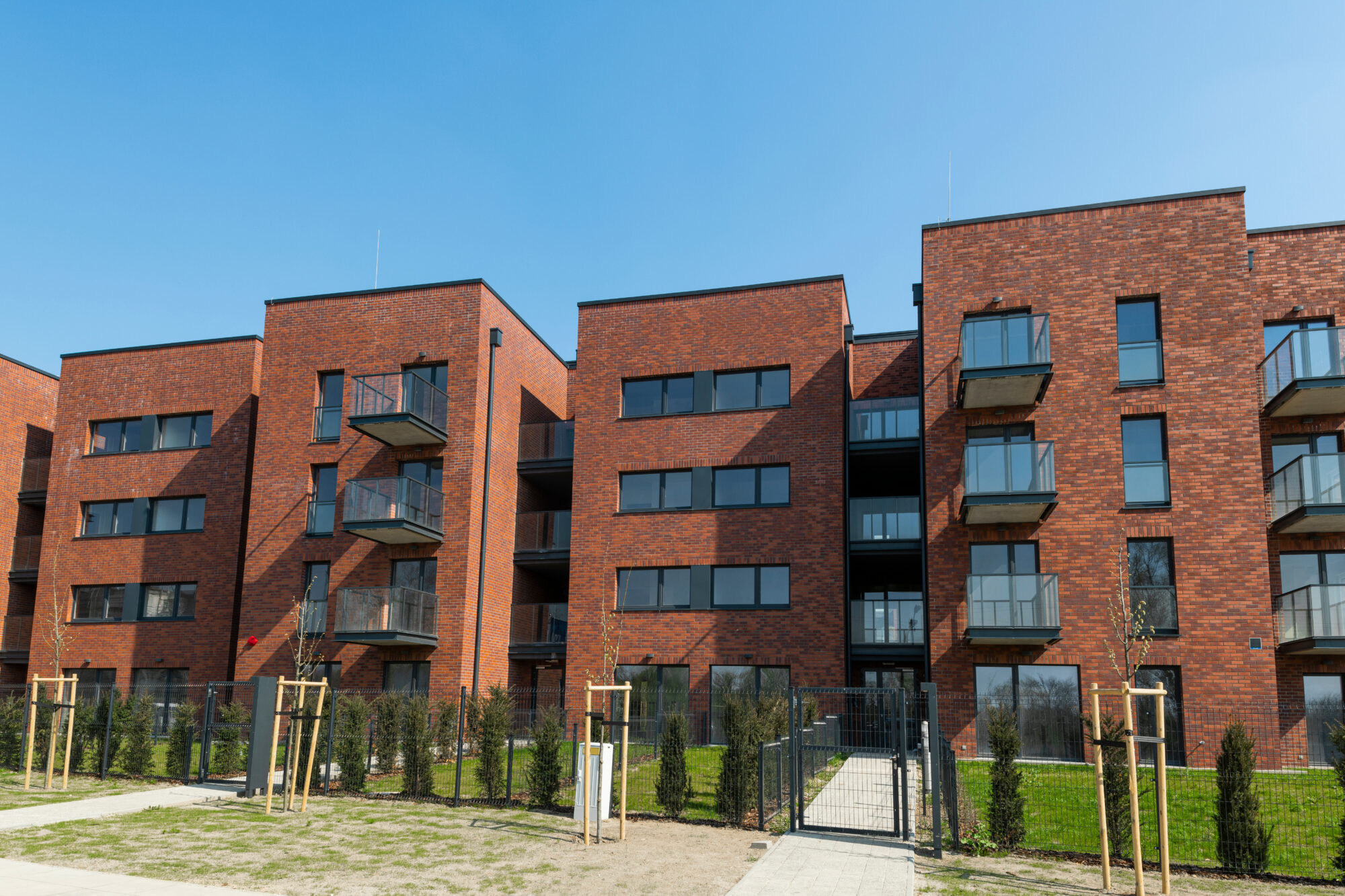RTM claims in multi-block developments are set to get easier, with a ruling by the Supreme Court that overturns the troublesome precedent set by the Gala Unity case almost a decade ago, explains Jeremy Weaver, Head of Litigation at Brady Solicitors.

The appeal case of FirstPort v Settlers Court RTM was heard at the Supreme Court in November 2021, with judgment handed down on 12 January 2022.
The Supreme Court allowed the appeal, meaning that RTM companies will only acquire the right to manage the block itself, together with any nearby exclusively enjoyed property.
Dual management and double counting
This successful appeal removes the troublesome ‘double management’ issue created in the Gala case and simplifies the situation for RTM claims in multi-block developments. Many modern housing developments contain a mix of leasehold and freehold properties, frequently with standalone apartment blocks within them. The Court of Appeal decision in Gala Unity v Ariadne Road has proved to be one of the more problematic in terms of the practical implications for RTM claims in multi-block estates.
Gala held that the rights passing to an RTM company were not confined to the block itself and its exclusive property, but that these rights also applied to the wider areas of the estate. This caused significant practical difficulties in multi-block estates where a single block is subject to a successful RTM claim, namely in the risk of dual management over the estate between the RTM company and freeholder or management company.
FirstPort v Settlers Court sought to overturn this decision by addressing the question of who is responsible for managing estate services, when an RTM claim is made for a block of flats in a larger estate.
Recap of the Settlers Court RTM case
In 2014, Settlers Court RTM Company acquired the right to manage the Settlers Court block of flats within the Virginia Quay estate on the bank of the Thames. FirstPort was the management company, and the estate also included several freehold houses and a further nine blocks of flats.
The Settlers Court leaseholders had access to the wider estate and communal areas, such as the gardens. This is known within the legislation as ‘appurtenant property’, meaning property belonging to, or usually enjoyed with, the building or any flat.
FirstPort continued to provide the estate services and also sought to recover the estate charges from the Settlers Court leaseholders.
In 2018, Settlers Court RTM Co asked the FTT to determine the payability of these charges. The FTT referred to Gala and ruled in favour of Settlers Court RTM Co, deciding that the estate management functions had passed from FirstPort to the RTM Co when the right to manage was acquired.
A common-sense conclusion…
The Settlers Court Supreme Court decision overturns this ruling, meaning that RTM companies now just acquire the right to manage their block, together with any property that they enjoy exclusively. It answers the question of responsibility for the management of estate services and will be welcomed as a common-sense decision by freeholders, managing agents, and RTM companies alike.
…but new considerations for freeholders, RTM companies, and managing agents
Whilst this successful appeal is inarguably in the good news category, it will need some careful consideration on a block-by-block basis in terms of how it is applied in practice. This will include looking at recent RTM claims on multi-block estates to review any shared estate management agreements, as well as ensuring a clear understanding of what constitutes ‘nearby exclusively enjoyed property’.
For help or advice on the implications of the Settlers Court case on your development, please do get in touch.
"*" indicates required fields



